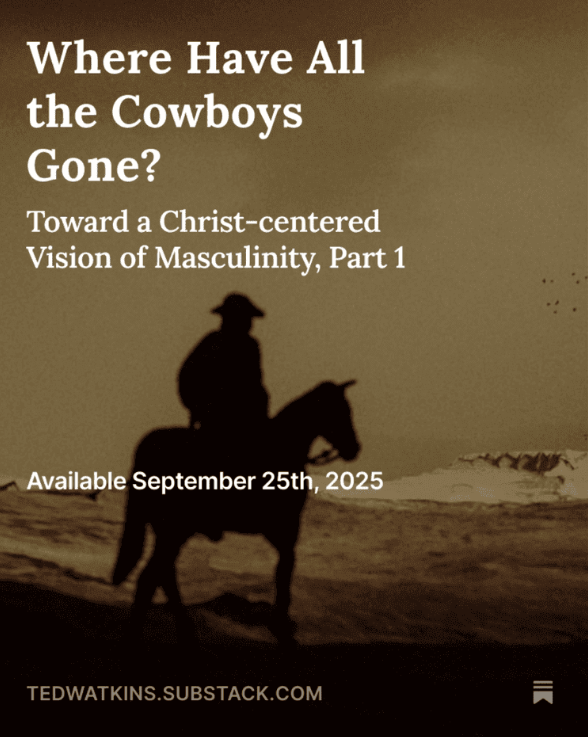Faith & Sight
Matthew 4:5-7 - The Second Temptation
What’s at stake in Jesus’s second temptation?
Satan is challenging the Son’s trust in the Father.
When Jesus responds with Deuteronomy 6:16, He’s hearkening back to the rebellion of the exodus generation in the wilderness.
At Rephidim in Exodus 17, there was no water for the people to drink, and the Israelites grew so tired and irritable that they demanded God prove His presence among them.
So Moses struck the rock at Horeb and renamed the place Massah and Meribah (quarreling and grumbling) because of how disgruntled the people were.
Moses Strikes the Rock at Horeb by Raphael, 1518.
Soon after, the Amalekites come to fight with Israel at Rephidim, and Joshua and the armies of God only find victory while Moses’s arms are help up by Aaron and Hur.
Victory O Lord! by Sir John Everett Millais
Christian commentators have long interpreted this as a prefiguration of Jesus’s arms extended on the cross battling sin.
Jesus does not make the same mistake as the exodus generation. He does not use His own experience of being tested as a pretext for testing the Father.
Making demands of God displays an absence of faith.
That failure, rejection, or great misfortune we’re afraid of? It might happen.
In the eternal scheme of things, the point isn’t the earthly outcome.
Fear and doubt are not of God.
The removal of both in the heart is the necessary precondition to walking by faith and not by sight.
The point is trusting the Lord amidst the process, amidst the journey.
It’s easy to trust and follow God when we can “see” or when earthly things are going our way.
But when the “chips are down” and things aren’t as we expected them to be, trusting in God is tremendously more challenging.
Will He actually come through for me? Will He deliver on His promises?
What kind of deliverance are we expecting?
He comes to bring liberty to the spiritually captive. That’s His focus.
The question for us is: do we rest in the Father’s love for us? Do we trust that spiritual - not temporal - deliverance is what’s better for us? Or do we try to take matters into our own hands?
Do we walk by faith or by sight?
May we have the humility to surrender certainty and the courage to proceed amidst the unknown, trusting that He will provide in His eternal plan.
Onward and upward,
Ted
For more content, check out one of my latest pieces on Substack: Where Have All the Cowboys Gone?
A Book Worth Reading
What’s the most important capacity that man possesses? Josef Pieper’s Only the Lover Sings is a brief but piercing meditation on beauty, contemplation, and the conditions for true culture. He argues that genuine art and culture spring not from utility or production, but from an interior capacity to see, to behold reality in wonder. This seeing, he insists, requires leisure: an inner stillness receptive to truth and beauty. Only the lover truly sees, for love opens the eyes to being as gift. In a world blinded by busyness and distraction, Pieper calls us to recover this contemplative gaze, to let beauty awaken us to the real.
If you’ve enjoyed these reflections, please considier a paid membership or buy me a coffee.
If now isn’t the right time, I’d be grateful if you shared Into Deep Water with a friend.




